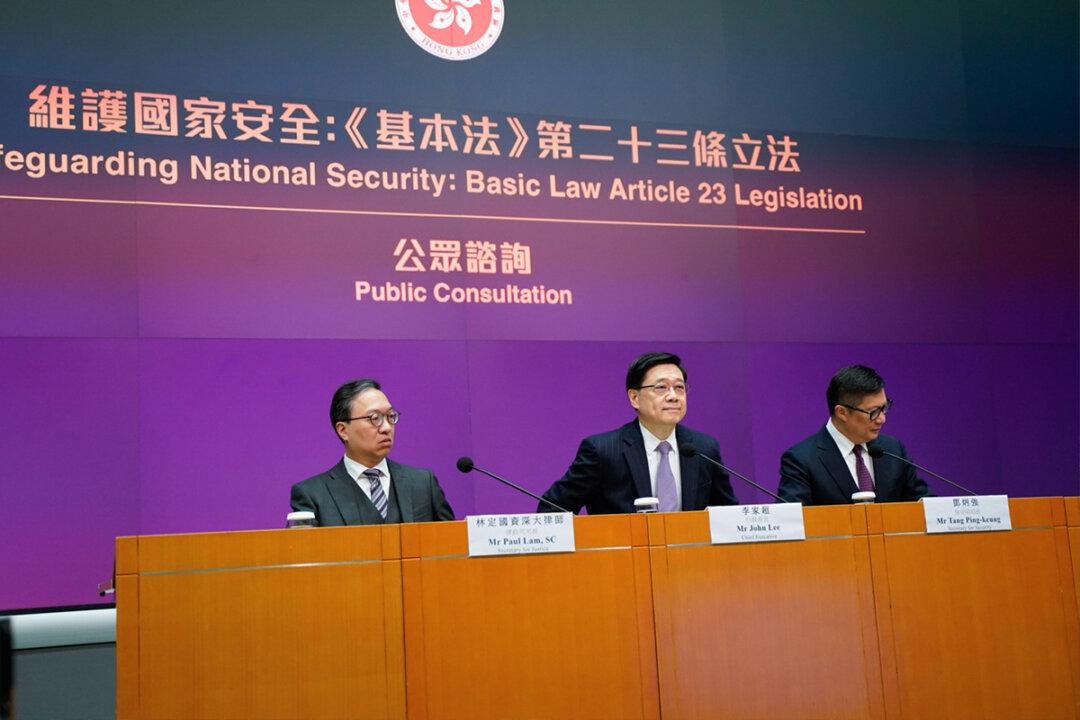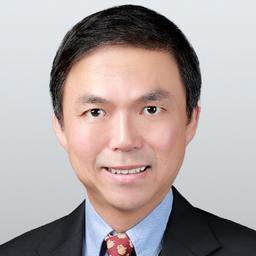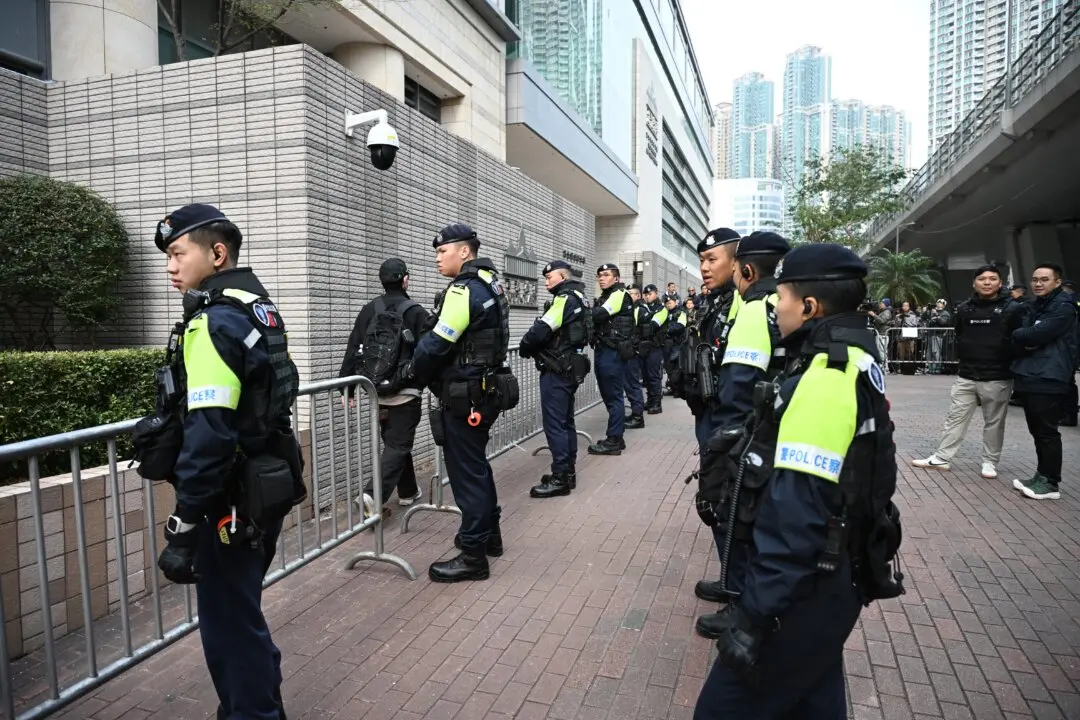Commentary
On this chilly Toronto morning, as I craft this February commentary, my mind is drawn irresistibly to the political landscape of Hong Kong. The implications of recent events send a shiver down my spine, particularly as the seemingly brief one-month “consultation period” for Article 23 of the Hong Kong Basic Law nears its conclusion, coinciding with the publication of this article.





